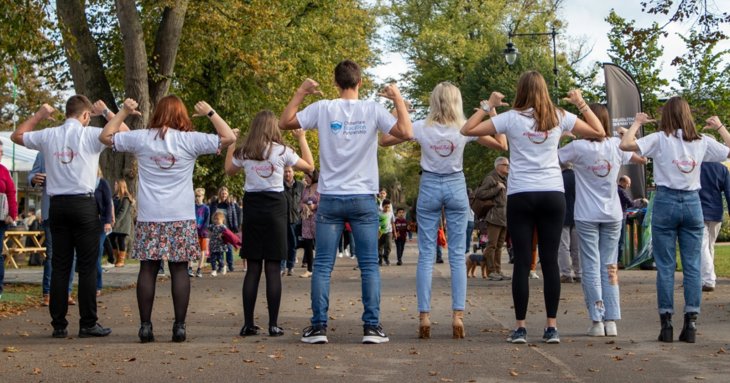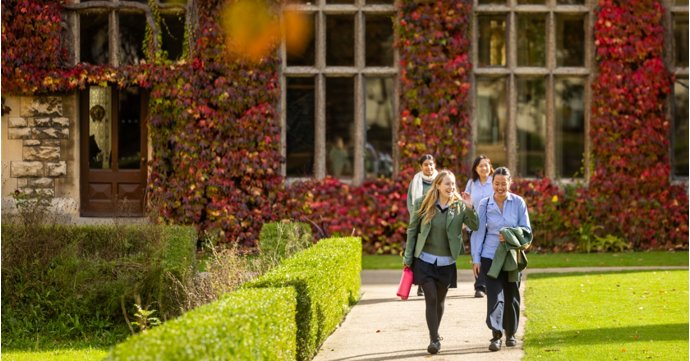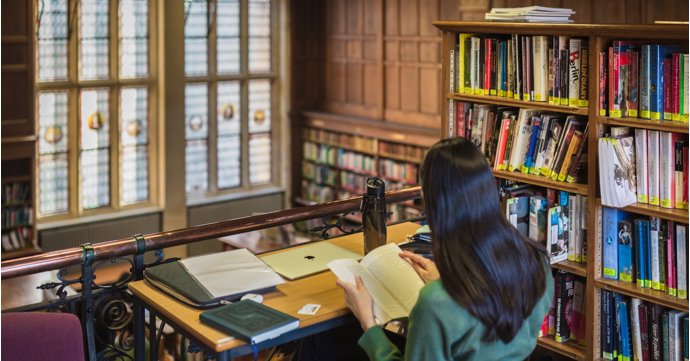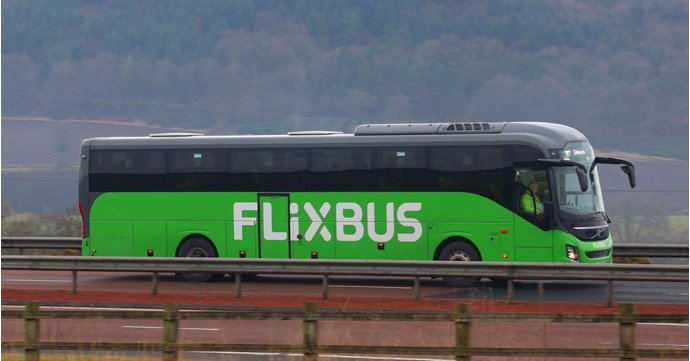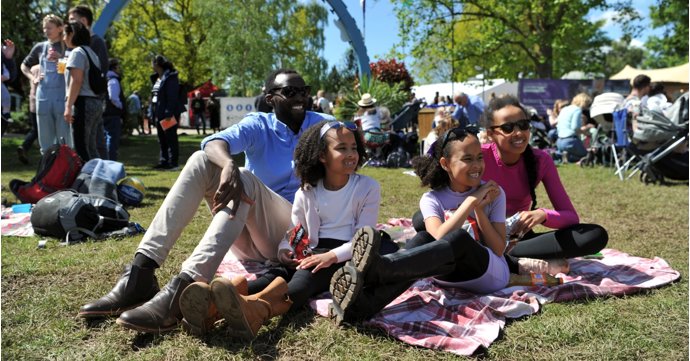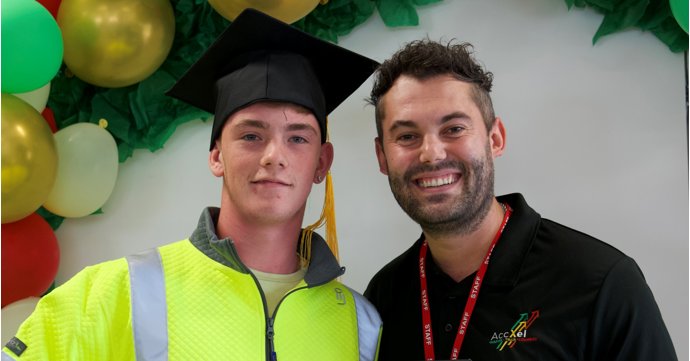Cheltenham boasts a wide variety of impressive schools, each with a wealth of knowledge and innovative ideas – and the Cheltenham Education Partnership is an exciting organisation which provides opportunities to enhance and enrich the education on offer in the town.
SoGlos spoke to CEP representatives Will Parker, Karen Hanley and Emily Buirski to discover why it’s so important for schools to work together – for both students and teachers.
About the experts – Will Parker, Emily Buirski and Karen Hanley from the Cheltenham Education Partnership
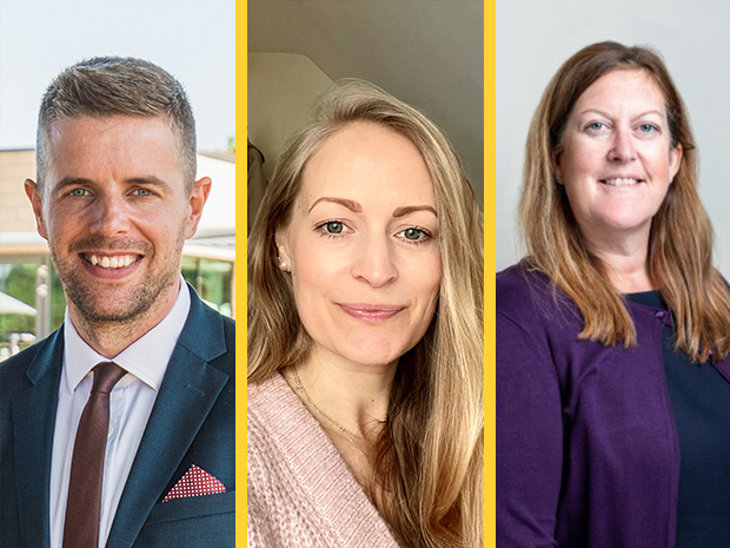
Will Parker is the Director of Sport and Physical Activity at Cheltenham Ladies’ College; Karen Hanley is the deputy headteacher at Cheltenham Bournside School; and Emily Buirski is the coordinator of the Cheltenham Education Partnership.
The Cheltenham Education Partnership brings schools in the town together to provide exciting opportunities for students; allow them to make their voices heard on the issues that are important to them; and encourage teachers and schools to share best practice.
For more information about Cheltenham Ladies’ College, visit cheltladiescollege.org.
What is the Cheltenham Education Partnership?
Buirski: Founded in 2019, Cheltenham Education Partnership is an equal partnership comprising 11 Cheltenham secondary schools, the University of Gloucestershire and Gloucestershire College.
We also work closely with a number of our supporting partners, including Cheltenham Festivals, GCHQ, NCSC, The Cheltenham Trust, Cheltenham Borough Council, Gloucestershire County Council, the Diocese of Gloucester, Christian Arts Festivals and GFirst LEP Careers Enterprise.
What does the Cheltenham Education Partnership do?
Buirski: The values of the partnership are collaboration and co-operation. Our mission is to expand the horizons of young people aged 11 to 18-years-old in Cheltenham and to help them realise their full potential.
This is achieved through providing an annual programme of activities, which offers a broad range of opportunities to young people including classes in Latin, astronomy, literacy, music and cyber, through to events that aim to empower young people in subjects that matter to them most – examples include our ChangeMakers project tackling climate change; the Manifesto for Change project where young people have their say on the UK education system; the Student Voice where young people have their say on the activities of the partnership; and Chelt 4 Change – student-led debates with policy makers.
The Cheltenham Education Partnership organisational structure includes a steering group – comprising headteachers, representatives from each supporting partner and the CEP coordinator – who meet termly to discuss the overall strategy of the partnership; and the operations group comprising champions from each school, college, the University of Gloucestershire and the CEP coordinator, who oversee planning of the annual programme of activities.
Why is it important for Cheltenham to have an education partnership like this?
Parker: The pupils want to work together and learn from each other. Much of the programme established by the CEP gives the pupils a significant voice in what is put on and how it works for them. There is now a youth voice committee, with young people from each school represented, where they decide the direction of travel for the partnership and what events and activities take place.
Hanley: Students get the chance to develop their social skills. During the pandemic, I do feel some of this chance was lost due to lockdowns, so any opportunity students have to work with each other on projects that they are interested in has to be a good thing. The projects that CEP offers are all related to areas that they are interested in and this engages them.
How is Cheltenham Ladies’ College involved with the Cheltenham Education Partnership?
Parker: Our staff and pupils get involved in the different events and activities that take place. We also help by running different activities.
Where we are able to take a lead on a specific event or activity we do, but we are conscious to always work in the spirit of partnership and make sure events are carefully considered around the needs of pupils from all schools.
An example would be a wonderful youth debate we are hosting for pupils at the end of March. The event concept came from some of the pupils. We are hosting the first one, with the intention it will move around schools each term with pupils helping to shape the topics each time.
How is Bournside involved with the Cheltenham Education Partnership?
Hanley: We get involved with the events that I feel we have staff and student interest in. Many students entered the recent photography competition as we have a strong focus within our art curriculum re photography. We are also going to participate in the upcoming debate at CLC and we are participating in the ChangeMakers project.
We have had students involved in a range of other projects, too, such as Latin, medical careers workshops and astronomy.
How important is it for independent schools and state schools to work together?
Parker: Not just independent and state schools, it’s important for all schools to work together. There is so much knowledge and experience amongst the pupils and staff across the schools, we would be foolish not to harness that to enrich the experiences for all.
Hanley: For me, I don’t feel that it’s a helpful distinction – it is just good for staff and students to work together.
Some independent schools do have great facilities – like the Parabola Arts Centre – so it is nice for state school students to experience these but as I say, it’s more about schools working together.
What impact does the Cheltenham Education Partnership have on pupils? How does it add to or improve their day-to-day learning experience?
Parker: Many of the projects delivered in partnership are either deepening the learning that takes place in the classroom, or helping link different academic areas into an action-led initiative – putting learning into practice.
Often the experiences pupils gain couldn’t be accomplished by one school on its own, the very aspect of the different cohorts coming together to collaborate is, in itself, some of the richest learning.
Hanley: They get a chance to work on projects and areas that they wouldn’t normally — like astronomy, for example.
They get an opportunity to meet lots of other students in their local area, and explore beyond the school curriculum into areas they are very interested in.
It also helps enormously with self-esteem and feeling good about life! A student in our school recently won the photography competition and he loved seeing his work on social media and getting recognition was great for him.
This is true for all students who engage in these activities – it brings the curriculum to life and provides memories for them.
Tell us about the CEP ChangeMakers initiative.
Buirski: CEP ChangeMakers aims to empower young people through taking action and having their voices heard on issues relating to climate change. Together, pupils from across CEP schools and colleges agree on where focus should be given towards achieving sustainability across Cheltenham’s schools and community. This is a collaborative project that encourages the sharing of knowledge and best practice both across the partnership and the wider community.
In November 2021, CEP ChangeMakers launched with an event where 30 students from 10 CEP schools and colleges met with industry specialists and government officials to investigate how their schools and community are being impacted by issues relating to climate change and discover some of the available sustainable solutions.
In June 2022, we will be bringing together larger eco-groups from across the partnership for the CEP ChangeMakers Summit. Students will have the opportunity to present and celebrate the action they have taken since the ChangeMakers launch in front of local government leaders and industry representatives.
The ChangeMakers Summit is being organised in collaboration with the University of Gloucestershire Sustainability Team and School of Education, and will be offering a number of workshops that draw on the award-winning sustainability learning expertise from UoG and insights from its collaboration partners in different industry sectors to develop skills and knowledge that will help young people lead change as future professionals.
Legacy resources from the summit event will be shared with teachers throughout CEP to support the ongoing education of young people, building on their understanding of sustainability and its links into future careers.
Does CEP also benefit education professionals in Cheltenham? How?
Buirski: In addition to expanding the horizons of young people across Cheltenham, CEP aims to promote mutual respect amongst education professionals and provide stimulating opportunities for training and development for teachers.
In support of this aim, a number of subject specific networks have been established in areas including science, music, maths, English, art and design, modern foreign languages, librarians and others. These networks have played a particularly important role during the Covid-19 pandemic by allowing teachers to share best practice and teaching methods.
These networks have also led to a number of other benefits including collaborative training exercises and shared events. During staff network meetings we are often joined by representatives from local industry who are keen to collaborate and support the CEP’s ambition to create unique opportunities for young people.
We are in the process of creating a sub-committee to the steering group that aims to identify opportunities for shared teacher training in the area of computer science and cyber – a rapidly growing area of significant importance to Cheltenham’s community, as underlined by the forthcoming Golden Valley Development.
Parker: There are more than a dozen subject specific networks across Cheltenham where teachers and other school staff collaborate to help their own professional development.
Most of these have been created off the back of the CEP. For example, there are staff networks for a range of subject areas and also things like careers guidance and librarians. We’re already seeing lots of benefits to this networking of teachers across Cheltenham with sharing of great practice through to joint professional development and training.


